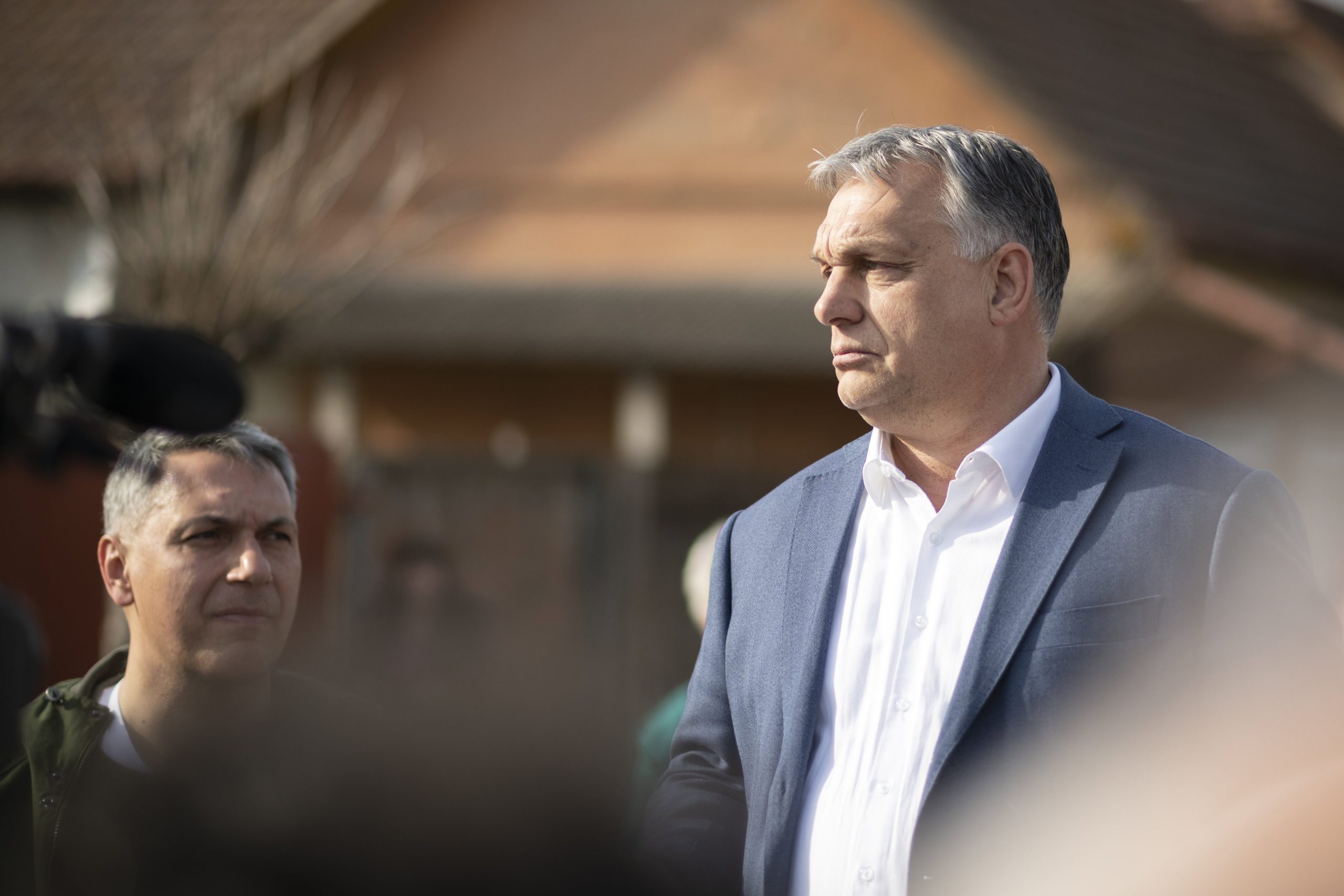
High energy prices, increasing interest rates, and the slowing of growth are all looming over the Hungarian economy, with financial analysts predicting that if something is not done, 2023 could be a harrowing year for Hungarians.Continue reading

Sunday’s parliamentary elections in Hungary have concluded, resulting in Viktor Orbán’s fourth term in a row. The new political leadership will have to face a great number of challenges, including the war in Hungary’s backyard. The Russia-Ukraine conflict could also potentially present serious energy supply problems. The government’s food and petrol price cap introduced last year, the spending spree ahead of the elections, and Orbán’s low cost energy policy are not sustainable in the long run. In addition, prices in Hungary are spiraling out of control, and food supply shortages and other unexpected situations may arise in the near future.
These challenges require a completely different direction and a lot more stringent economic policies from the next Orbán administration.
On the day of the election, Orbán was already asked about possible economic austerity measures and whether official energy prices, which are kept well below the market level, will remain in place. The Prime Minister quickly dodged the question, saying that he “first wants to win today’s election” “and to only then “tackle these issues as well.”
Despite his evasive answer, economists and several government politicians warned that the Hungarian economy faces serious problems.
Instead of “seven years of plenty,” we will now have a much narrower room for economic manoeuvre, according to István Stumpf. The former minister under Orbán and current government commissioner told news site Index that the government will have to take note that the environment has changed, which is also what Viktor Orbán is probably expecting. Many questions must now be raised again, Stumpf said.
Unlike before, a governance of crisis management clearly needs to be launched.
“We are in the midst of a war, which is going to have a huge impact on energy supply, prices have soared incredibly, there are going to be food shortages, so the government is going to have to deal with unexpected things that it has never experienced in the past twelve years. In that sense, having a strong governing party and having two-thirds in the parliament to act quickly can be an advantage,” Stumpf said.
Despite another two-thirds landslide victory, the fifth Orbán government cannot continue where it left off, writes Péter Ákos Bod in his latest article published in Portfolio, which he wrote before the election results.
According to the former governor of the National Bank and former minister of the conservative Antall government, fundamental changes are needed in the budget as inflation will accelerate further after the capped prices are lifted. The new government will have to solve these problems without knowing how long the war will last and what effects it will have.
Bod also points out the negative effects of the “other blow,” the Covid pandemic, which has been overlooked, but will be felt for a long time in the future.
The economist says that education and healthcare will certainly need budget support, and that refinancing the excessive public debt will be a major burden on this and next year’s public finances.
“The bills of past neglects are now being presented by reality,” the economist professor warned, adding that the government must also stabilize the economy in a country where people have enjoyed an unprecedented abundance of money and have only been told about Hungary’s “excellent economic growth.”
In light of the warning of the former NBH governor, it is not surprising that a few weeks ago, Mihály Varga already talked about a need for budget readjustment after the elections.
The Finance Minister told RTL that before the war they had expected economic growth well above 5% this year, but due to the conflict they have to rewrite their plans. For this they would wait until after the elections. But after that, the first and most important step will be to adjust Hungarian public finances to the economic difficulties and damage caused by the war, Varga said.
Csaba Dömötör, state secretary of the Prime Minister’s office, however, predicted a much more modest change of direction.
“If Fidesz wins, drastic shifts in the direction of the steering wheel shouldn’t be expected,” Dömötör told Telex at Fidesz’s event awaiting the results of the election on Sunday.
Featured photo by Benko Vivien Cher/PM’s Press Office/MTI